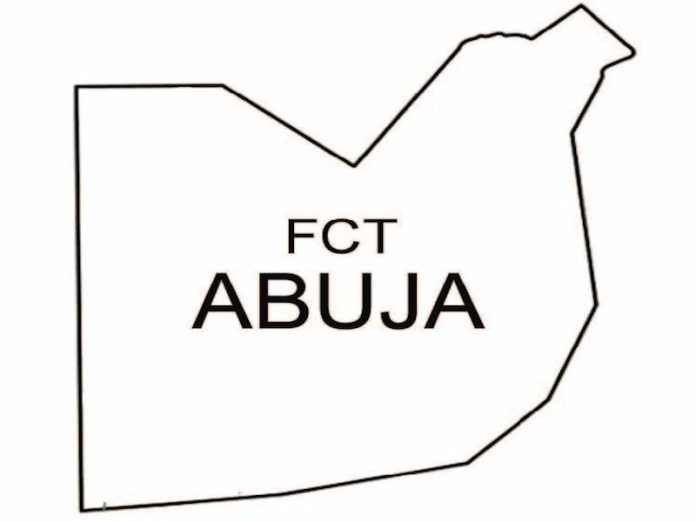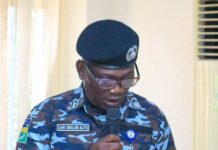The Executive Secretary, Universal Basic Education Commission (UBEC), Hamid Bobboyi, says 34 states and the Federal Capital Territory (FCT) are yet to access
By Funmilayo Adeyemi
The Executive Secretary, Universal Basic Education Commission (UBEC), Hamid Bobboyi, says 34 states and the Federal Capital Territory (FCT) are yet to access the 2024 Universal Basic Education (UBE) matching grant.
Bobboyi disclosed this in Abuja on Monday, during an oversight function of the Senate Committee on Education (Basic and Secondary) to the commission.
He said that Katsina and Kaduna states were the two states that had so far accessed the 2024 first and second quarter of their matching grant.
Giving the details of accessed matching grants from 2020 to 2024, he explained that unaccessed UBE grants had posed challenges for basic a
nd junior secondary education.
“For the 2020 UBE matching grant, 34 states and FCT have accessed 2020 matching grant, two states-Abia and Ogun have not accessed it.
“For 2021 matching gran
t, 33 states and FCT have accessed while Abia, Imo and Ogun have not, while in 2022, 29 States and FCT have accessed with Abia, Adamawa, Anambra, Ebonyi, Imo, Ogun and Oyo yet to.
“For 2023, 25 States have accessed the first to fourth quarter matching grant,” he said.
Bobboyi added that N263,043,551,250.30 and N103,288,086,976.00 being 2 per cent of the Consolidated Revenue Fund (CRF), were allocated to the Commission under the 2024 and 2023 Appropriation Acts.
He added that N103,288,086,976.00 was released for 2023 utilisation, representing 100 per cent release for the 12 months while 219,202,959,370.00 was released for 2024, representing 83.33 per cent release for 10 months.
Ranking the performances of the states based on geo-political zones as at Oct. 31, in accessing the UBE matching grant, Bobboyi commended the North West Zone for 100 per cent performance.
He said the South South zone ranked second, with 97.92 per cent accessed grant, while the North Central zone was in the third position with 97.76 accessed grant and North East zone in the fourth position with 97.57 per cent.
He ranked the South West zone in the fifth position with 92.28 per cent and South East zone in the sixth position with 85.37 per cent accessed grant.
Highlighting the challenges of the commission, Bobboyi explained the lack of political will and commitment by some state governments on basic education as a major challenge.
Other challenges he said were low level of budgetary allocation to basic education at states and local government levels and low teacher quality.
“Non-compliance with federal government’s directive on the teaching of history in basic school and high number of out-of-school children, among others are also some of the challenges,” he said.
In their various remarks, members of the Senate Committee on Education lamented the high rate of out-of- school children.
Sen. Victor Umeh, representing Anambra lamented the still high number of out-of-school children in the northern part of the country, in spite of the higher allocation in the states.
Similarly, Sen. Sunday Katung, representing Kaduna South, said that the stoppage of history in the basic education was damaging to the younger generation, hence the need to revisit the policy.
Katung said necessary action should be taken to bring back the teaching of history into the basic education as soon as possible.
Earlier, Chairman of the committee, Sen. Lawal Usman, commended the commission on its activities so far, noting that the National Assembly was aware of the obsolete nature and challenges of its enabling law in its operations.
Usman urged the commission to consider for immediate implementation, the resolution of the committee at a closed session with the Executive Secretary and his management team during the retreat of the commission and the committee held in Lagos.
“It should also be noted that the committee holds the commission at high esteem and would at all times expect a reciprocating disposition.
“It is therefore expected that the commission will remark on the committee’s visit, make its submissions available and would respond to issues that may arise from it in the cause of this visit or subsequently,” he said.(NAN)




